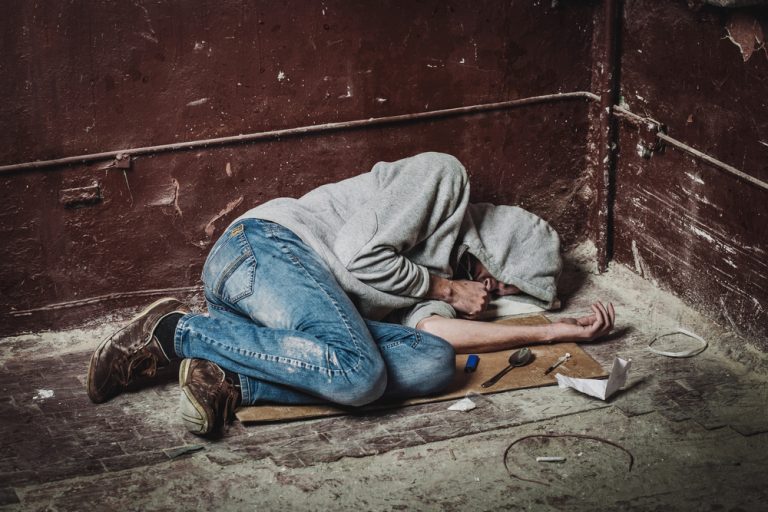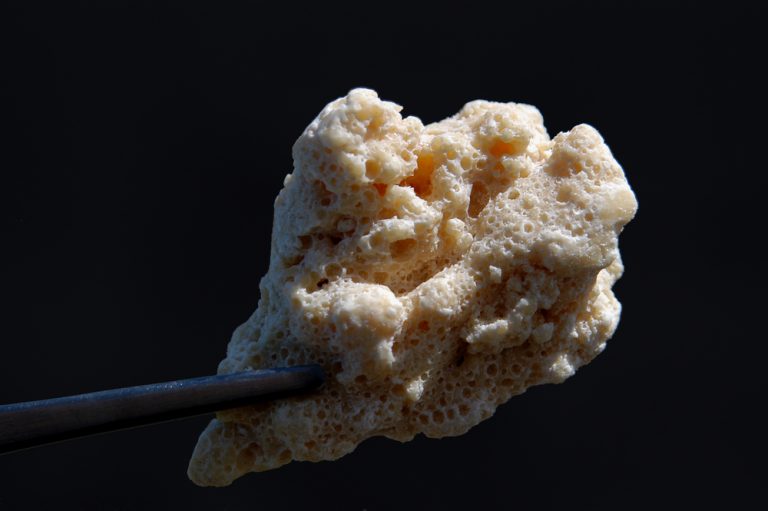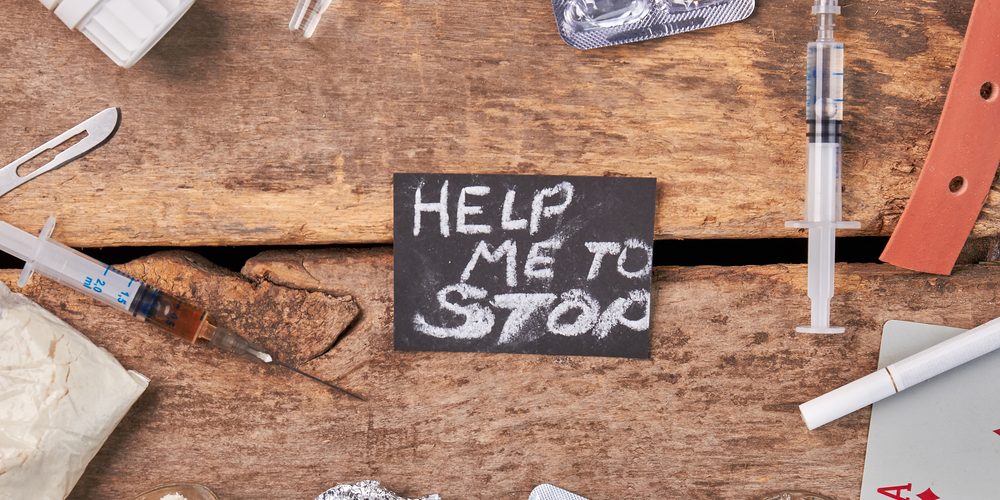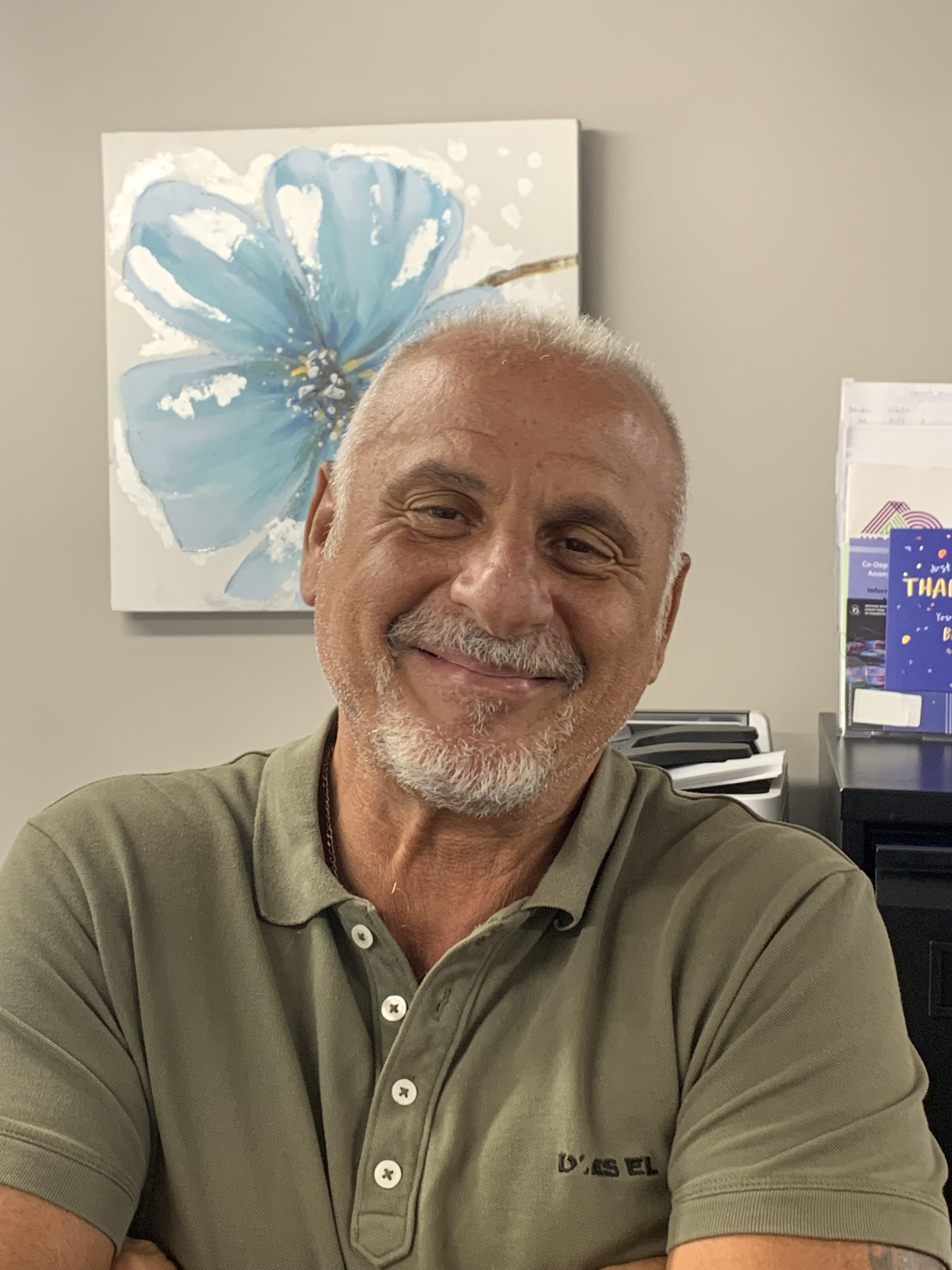Crack cocaine—commonly referred to as crack, rock, or nugget”—is a highly addictive, smokable form of cocaine that produces an intense and immediate euphoric high. It is made by mixing baking soda with cocaine powder, resulting in a rock-like substance that can be smoked. Despite its impact on public health, crack addiction has historically been overlooked by addiction services and policy frameworks in the UK. However, with the UK emerging as the cocaine capital of Europe in the late 2010s, crack use and its devastating consequences have once again become a national concern. The use of crack cocaine in the UK exceeds the national average rate in several regions, with the northeastand northwest experiencing particularly high prevalence, especially among opiate-only users.
The rise in crack use is driven by factors such as increased accessibility, higher purity, and affordability, which make it easier for individuals to start or escalate their use of crack. Many people who use crack cocaine regularly do so to maintain its short-lived high, leading to repeated dosing and a higher risk of addiction.
At PCP, we are committed to raising awareness of the evolving patterns of crack cocaine use, the social and health challenges it brings, and the evidence-based resources available to help those struggling with addiction. The impact of crack addiction extends beyond the addict, affecting families and loved ones, as multiple addictions can strain relationships and create significant emotional and behavioural challenges for both crack addicts and their support networks.
Introduction to Crack Cocaine
Crack cocaine is a highly addictive form of cocaine that appears as a hard, rock-like substance. Unlike powdered cocaine, crack is typically smoked, delivering a rapid and intense high that is both powerful and short-lived. This intense rush is what makes crack cocaine so addictive, often leading users to seek out the drug repeatedly in a short period of time. The effects of crack can be devastating, not only for the individual but also for their loved ones, as addiction takes hold and other responsibilities fall by the wayside.
According to Public Health England, there are now over 180,000 crack users in the UK, with numbers rising sharply over the past decade. This upward trend is a major concern for public health officials, as crack cocaine addiction can quickly spiral out of control, leading to a host of physical, mental, and social problems. Understanding the nature of this highly addictive substance, its effects, and the signs of addiction is a crucial first step for anyone seeking help for themselves or a loved one.
The Effects of Crack

The effects of crack cocaine are felt almost instantly after smoking, producing a powerful sense of euphoria, increased confidence, and heightened alertness. However, these effects are extremely short lived, often lasting just 5 to 10 minutes. This fleeting high drives many users to smoke crack repeatedly in an attempt to maintain the intense feelings, which can quickly lead to crack cocaine addiction and dependence.
Long term abuse of crack cocaine can have devastating consequences for both physical and mental health. Users may experience serious cardiovascular problems, such as heart attacks and high blood pressure, as well as respiratory issues from inhaling the drug. Mental health problems are also common, with crack cocaine use linked to depression, anxiety, and even paranoid delusions. Over time, the brain becomes dependent on the drug, making it increasingly difficult for users to stop without help. When someone tries to quit, withdrawal symptoms like intense cravings, fatigue, and anxiety can make recovery feel overwhelming. These challenges highlight the importance of seeking professional support to address both the immediate and long-term effects of crack abuse.
Crack Cocaine Use and Mental Health

Crack cocaine use is closely intertwined with mental health problems, creating a complex cycle that can be difficult to break. Many individuals who develop crack cocaine addiction also struggle with depression, anxiety, and psychotic symptoms such as hallucinations or paranoid thoughts. In fact, government research shows that over two thirds of adults starting treatment for crack cocaine addiction report a need for mental health support alongside their substance abuse treatment.
This strong connection between crack cocaine use and mental health issues means that effective treatment must address both challenges at the same time. Comprehensive programmes often include cognitive behavioural therapy (CBT) and other evidence-based therapies to help individuals manage their addiction and improve their mental health. Family members and loved ones also play a vital role in the recovery process, offering encouragement, understanding, and ongoing support. By tackling both substance abuse and mental health concerns together, individuals have a much better chance of overcoming crack cocaine addiction and rebuilding a healthier, more stable life.
History of Crack Addiction In the UK

While the history of crack cocaine is closely linked to its rise within the US in the early 80s and the ensuing crack epidemic that followed, the illicit drug started garnering attention in the UK as early as the mid-1980s. Local drug dealers used already established heroin networks to market the illicit drug, leading to illegal crack cocaine importation surpassing heroin by the early 1990s.
Members of the UK government started attracting significant attention to the issue by the late 1980s. Still, the first structured rehabilitation programmes for crack and cocaine users did not appear until the mid-1990s.
Public discourse on crack cocaine did not gain significant traction until the early 2000s when new data reported that the rate of crack cocaine use in London rose nearly 50% in a single year, exposing the public to the underreported crack epidemic that was brewing in the UK. Several explanations for the rapid spike in usage during that period include falling prices, rising purity, and the unmet need for better mental health services. Using crack is also influenced by socioeconomic and regional factors, with certain areas and vulnerable populations experiencing higher rates of use.
Crack use initially fell during the mid-2000s when the UK government opened several stimulant-specific programmes. However, this trend seemed to have reversed when another large spike in use was noticed between 2011/12 and 2016/17 with an 8.5% increase in use. This trend continued between 2016/17 to 2019/20 where crack cocaine use increased by a further 5%. The typical user often faces significant social and economic challenges, and the experience of using crack cocaine can rapidly lead to dependence.
Government reports showed a 19% increase in adults seeking treatment for crack cocaine use between 2016/17 and the following year. However, a study published by the University of York and Birkbeck, University of London on crack, opioid and alcohol dependency showed that only 4% of participants who used crack cocaine exclusively were receiving some form of addiction treatment, suggesting a significant treatment gap. Many people struggling with crack cocaine addiction may also be using crack cocaine alongside other drugs or substances, which can complicate their treatment needs.
The study also highlighted the complex needs of individuals struggling with addiction, with 85% experiencing some form of disabling mental illness, while 74% were in urgent need of housing. The impact on a person can be profound, affecting both physical and mental health. Meeting these diverse needs represents a challenge due to cuts to drug and alcohol programmes throughout British austerity. However, in 2021 the UK government introduced a 10-year plan dedicated to combating drug addiction through increased funding and improved recovery programmes.
How To Seek Help with a Crack Addiction
Despite the challenges of dealing with a crack addiction and the myriad of issues associated with it, there is still hope. Early signs of abusing crack cocaine, such as sudden changes in behavior or physical symptoms, may prompt loved ones or concerned individuals to seek help. Rehabilitation programs and addiction specialists offer a way out for the thousands of Brits struggling with various forms of substance use disorders.
Let’s take a look at what a typical rehabilitation programme for crack cocaine addiction looks like. There are several treatment options available, including detox, inpatient and outpatient rehabilitation, and ongoing support, to help individuals achieve recovery.
Making the Decision
The first step to recovery is deciding to enrol in a crack cocaine rehabilitation programme. This could be an NHS-funded programme or private facilities. There are several things to consider at this point such as:
Financial considerations such as whether to choose an NHS-funded or private facility, insurance coverage options, payment plans, and the availability of charity programmes.
Does the facility offer inpatient services? Individuals who are addicted to crack cocaine may require closer monitoring and care due to the severity of their dependence.
Choose centres that offer evidence-based therapies in addition to medications and detox services.
Detoxification
After admission into a rehabilitation programme, the first step is often detoxification. This involves a set period during which the individual abstains from drug use and is usually associated with features of withdrawal and often intense cravings.
Close monitoring is particularly important during this stage because the intense feelings of withdrawal and cravings can trigger relapse.
Addiction specialist centres like PCP offer a medically supervised detox program. During this, patients are offered full-time medical supervision, as well as drugs and psychotherapy treatments to help them overcome the symptoms of withdrawal and cravings.
Rehabilitation
After completing detoxification the next stage in treatment is rehabilitation. This is a structured treatment program designed to help individuals overcome dependency and addiction.
It involves a mix of medications and therapy aimed at addressing the physical, emotional, and social aspects of addiction. The ultimate goal of rehab is to help individuals achieve long-term sobriety and reintegrate safely into society.
Many rehab programmes also offer counselling sessions. They also offer medications that help with cravings.
Rehab services offer a flexible range of programmes, allowing patients to choose between inpatient and outpatient services.
Inpatient services involve staying in a residential facility where individuals receive round-the-clock care in a structured, drug-free environment that offers intensive therapy focused on recovery. On the other hand, outpatient services allow individuals to live at home and continue with their daily responsibilities while attending scheduled treatment sessions at a rehab centre.
Irrespective of the type of program, rehab centres offer several services like one-on-one counselling, 12-step programs, cognitive behavioural therapy (CBT), art therapy, guided meditation, and group therapy.
Aftercare
Aftercare involves ongoing counselling, social support services, and medical treatment after the initial rehabilitation process.
The ultimate goal of aftercare is to empower individuals with the tools and support they need to maintain sobriety during everyday life, prevent relapse, and fully integrate them back into society.
Addiction recovery services offer several aftercare services like:
Ongoing counselling and mental health services.
Access to support groups like Cocaine Anonymous.
Medical therapy for coexisting health conditions.
Providing a sober living environment such as transitional housing and supported housing.
Promoting financial independence through employment and improved financial literacy.
Teaching strategies to cope with cravings, triggers, stress, and high-risk situations.
Improving family and community relationships.
Providing legal assistance.
Monitoring progress via regular check-ins and sponsors
Seek Help Today
Crack addiction remains one of the most urgent yet under-treated substance use disorders in the UK. With rising usage rates, limited access to tailored rehabilitation services, and the complex needs of individuals affected by both addiction, a more comprehensive and compassionate response is critical.
While the path to recovery can be challenging, it is entirely possible with the right support. By recognising the signs of addiction early, addressing the stigma that surrounds it, and advocating for better support systems, we can help more individuals break free from the grip of crack cocaine and rebuild meaningful, healthy lives.
If you or somebody you care about is struggling with an addiction to crack cocaine, do not hesitate to reach out to PCP today.
Author
-
Andy's journey in psychology and substance recovery is marked by significant educational and professional achievements. He studied Person Centered Counseling, gained insights from psychological literature, and completed an online course on the mind. His hands-on experience includes volunteering at a Drug and Alcohol Clinic and earning a diploma in child adverse experiences. Andy holds a first-class honors degree in Psychology with Substance Use and Misuse. Professionally, he has contributed as a Lived Experience Coordinator and counselor, offering hope and empowerment to those in recovery.
Qualifications and Experience:
Introductory Course in Person Centered Counseling
View all posts
Extensive study of psychological literature (including Carl Rogers and Freud)
Online course completion on the Mind from UCT
OCN peer mentoring course
Level 3 diploma in child adverse experiences
First-class honors degree in Psychology with Substance Use and Misuse
Experienced Lived Experience Coordinator for Probation Dependency and Recovery service








